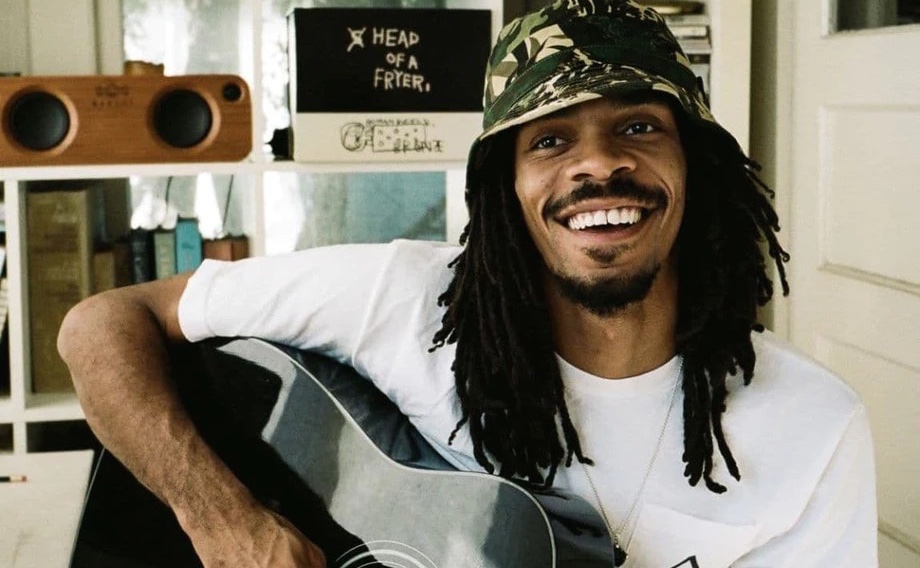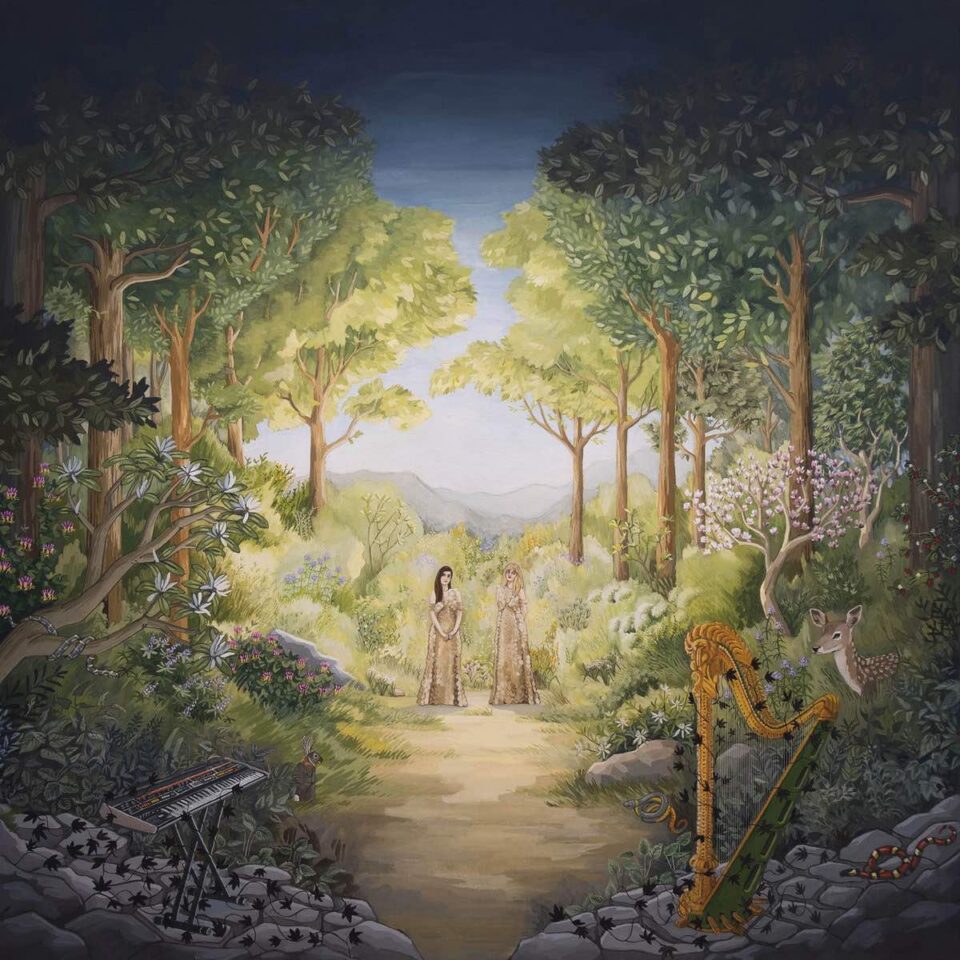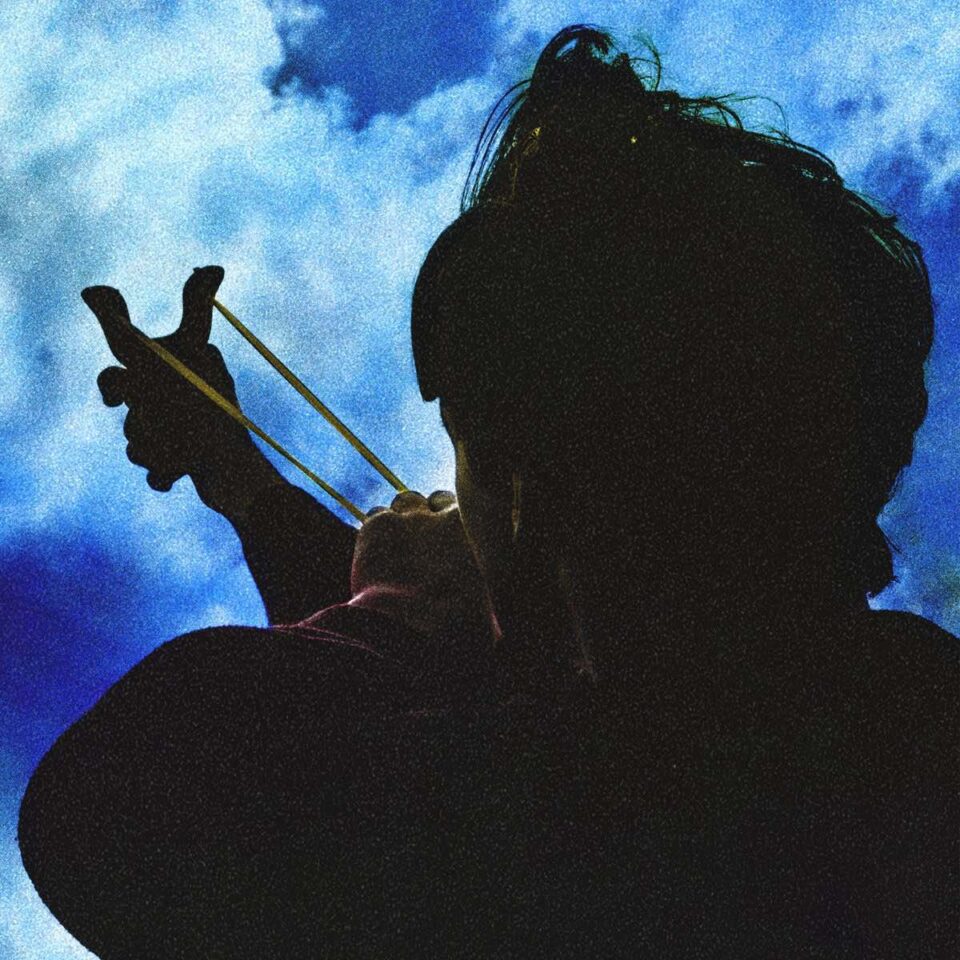For an objectively bad year, 2020 was riddled with silver linings—one arrived late in the year with the release of a stunning new Flatbush Zombies track revealed by a Denver billboard to be a joint collaboration with James Blake—allegedly one of several songs recorded in a session together. At the end of the year, there was more exciting news from the FBZ camp: a release date for the debut EP from the crew’s Erick the Architect, which we finally reached last Friday.
The collaboration-heavy, five-song project Future Proof lands far outside of the horrorcore aesthetic of Erick’s background, leaning more into neo-soul and alt-R&B arenas. The array of vocal contributions featured across the EP solidify this softer direction for the artist, with a mostly U.K.-based guest list including jazz-rapper Loyle Carner, neo-soul singer Pip Millett, and R&B crooner Col3trane, all of whom clash with the eerie, hardcore beats of Blake on “Afterlife.”
With the EP out now, Erick walked us through each of the album’s tracks, with the context of when each song was written generally providing us with the impetus for their lyrics of isolation or protest. Stream the record below, and read on for Erick’s commentary.
1. “I Can’t Lose”
This song means a lot (mainly) because of the obvious affirmation, “I Can’t Lose”—it’s one thing to say it (but) I think I grew to understand that strength can be attained by being vulnerable and honest about your feelings. I wrote the first verse the night Linden [Jay] sent me the beat, and the second verse I wrote and recorded nearly two months later. I don’t think I’ve ever really approached that style of songwriting before, now that I think about it.
2. “WTF”
Col3trane and I worked on this record during the peak of the riots and protests in response to the killing of George Floyd. I think him and I were both aligned on a lot of issues about where our world is headed, especially because we are such great friends. The story of Future Proof would be incomplete without sending a profound message about the social and racial injustices all over the world. Although the song has such a powerful tone, I think it offers something different.
3. “Let It Go”
This song was the only song that was entirely recorded before quarantine. The day I wrote these words I was actually dealing with a lot of loss and pain—the song was literal therapy for me during a time when I really needed it.
4. “Die 4 U”
The first time I heard Sophie [Faith]’s chorus I couldn’t get the melody out of my head. I wanted to write a song that captures a bit of what goes on internally when dealing with a toxic relationship—looking inward for some sort of change.
5. “Selfish”
I wrote this song shortly after completing “WTF,” as a follow-up on some of the issues I brought up in regards to all the cruelty existent in the world. The second verse begins, “When the music from the soul, boy you future proof”—I messaged Pip [Millett] to see if she would like my track, and her wonderful chorus made me title the song “Selfish,” but originally I was gonna name it “Future Proof.” Something told me that was the name of all of these songs, as they take on the theme of securing your future the best you can. The second verse is also directly connected to memories of my mother; how grateful I am for my life and her guidance. She will live on forever through me and my music.







